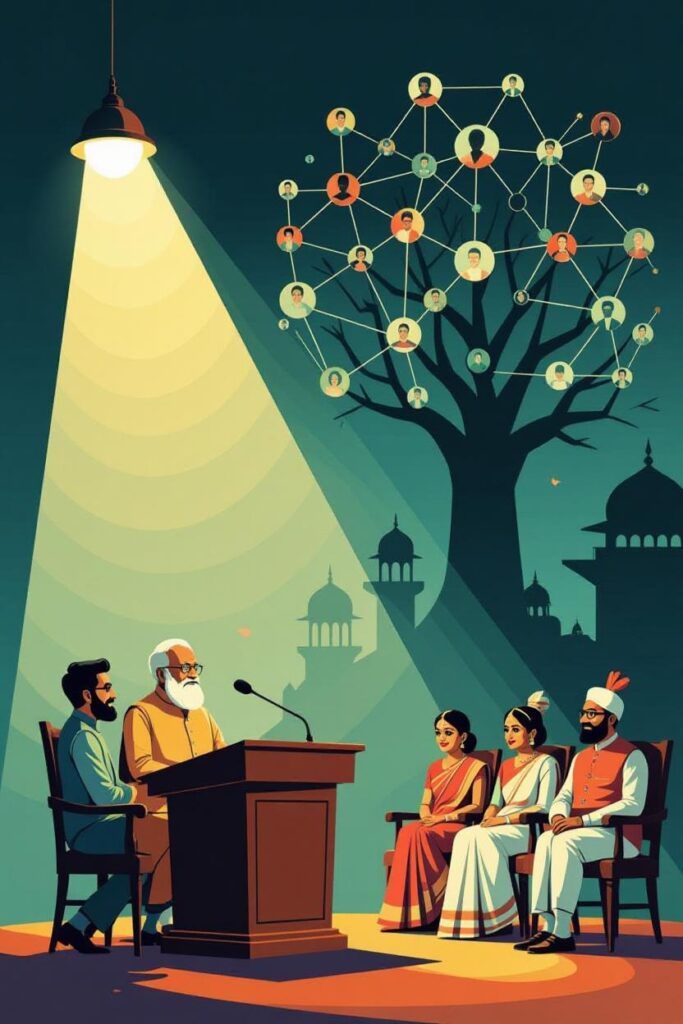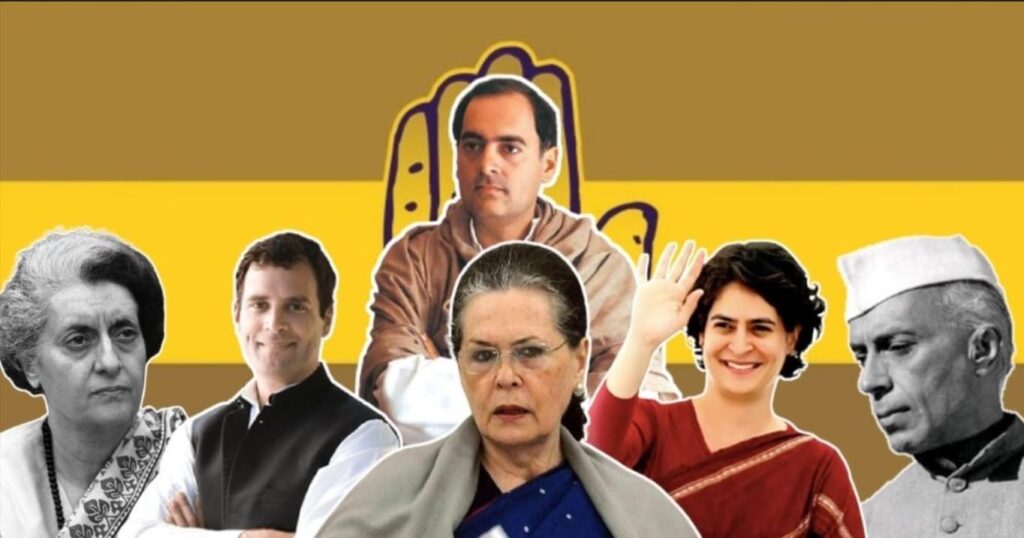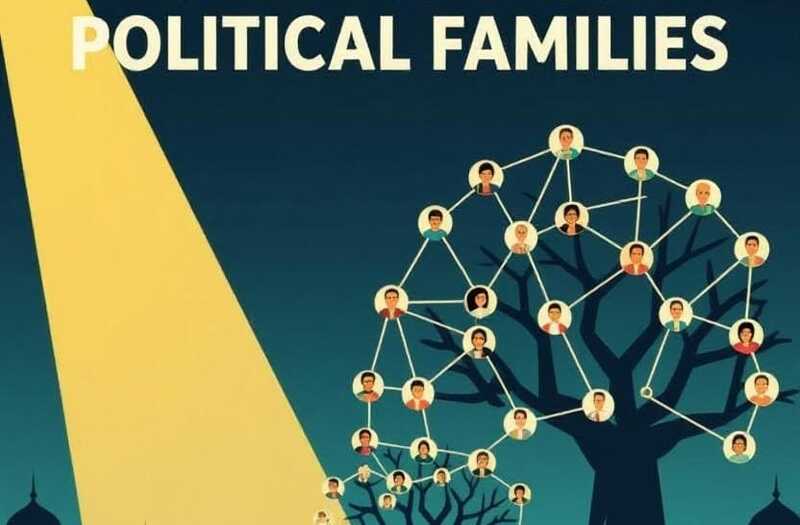- ADR Study Shows One-fifth of Indian Legislators Belong to Political Families
- Growing Dominance of Political Heirs
Article Today, New Delhi:
A recent study by the Association for Democratic Reforms (ADR) has revealed that India’s democracy is increasingly controlled by political families. The report noted that nearly one-fifth of the country’s 5,204 MPs, MLAs, and MLCs entered politics as heirs of established leaders. In the Lok Sabha, 31 per cent of members belong to political families, while in the Rajya Sabha the figure stands at 19 per cent. Analysts warn that the trend reduces opportunities for ordinary citizens and turns politics into a family enterprise.

Lok Sabha Trends
Of the total representatives in the country, 1,063 are dynastic politicians. The share has risen significantly compared to earlier years. States such as Andhra Pradesh and Maharashtra show higher figures, with 34 per cent and 32 per cent of legislators respectively coming from political families. Observers argue that elections, once a reflection of public aspirations, are becoming contests between families, sidelining grassroots voices.
Party-level Patterns
Dynastic politics is deeply rooted across national parties. Around 20 per cent of sitting representatives in major parties come from political families. The Congress accounts for the highest proportion, with 32 per cent of its legislators identified as political heirs.
The trend, associated with the Gandhi family, has extended to many other leaders within the party. The Bharatiya Janata Party, which often projects itself as a party of common citizens, also has 18 per cent dynastic representation. Critics suggest this undermines credibility.

A Contrast in the Left
The Communist Party of India (Marxist) presents a different picture, with only 8 per cent of its representatives coming from political families. Analysts say this reflects the influence of party ideology, which resists hereditary politics. The example highlights how political systems can create space for non-dynastic leaders when internal rules remain strong.
Women’s Representation
The study also pointed to dynastic dominance among women leaders. A majority of women in politics belong to established families. Analysts describe this as a major obstacle to social justice, since ordinary women with political capabilities face fewer opportunities. This limits broader representation and reinforces existing power structures.
A Threat to Democracy
ADR concluded that dynastic politics poses a serious challenge to the democratic system. It warned that elections risk losing their character as instruments of public will, becoming instead a mechanism of power transfer between families. Unless reforms are introduced, democracy could be reduced to a nominal exercise. The organisation urged the Election Commission to frame rules that encourage participation from ordinary citizens and restrict excessive family control. Analysts stress that such reforms are essential to preserve the integrity of India’s democracy.



